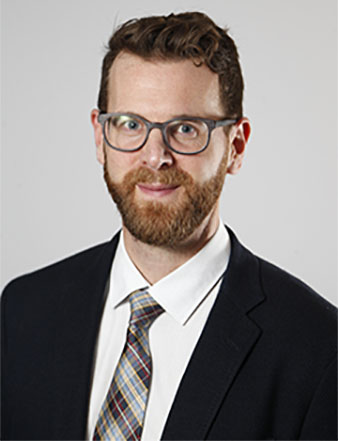
We are pleased to introduce Dr. Francis Troyan, Ohio State University as our keynote speaker for the 2022 conference!
Biography
Troyan is no stranger to Western Pennsylvania, having been born and raised in Johnstown, where he attended Greater Johnstown High School and religiously attended the APPLES Language Festival, which was then hosted at Saint Francis University in Loretto. Troyan received his BS in Elementary Education from the University of Pittsburgh at Johnstown, and both MA in French and his PhD in Foreign Language Education from the University of Pittsburgh. So, Indiana always feels like going home!
Before beginning at Ohio State in 2013, where he is Associate Professor of World Language Education, Francis Troyan was a classroom teacher of French, Spanish, and ESL in Portland, Maine; Burlington, Vermont; and Pittsburgh, Pennsylvania. At the University of Pittsburgh, Troyan also taught French in the French Department.
At Ohio State, his primary role is coordinating the bachelor's and master's programs in world language education. Along with his passion for pre-service world language teacher education, Troyan is committed to expanding opportunities for in-service world language teacher development. To this end, Troyan collaborated with the American Council on the Teaching of Foreign Languages and several regional and national language teaching associations around the country to host the inaugural Leadership Institute for Language Learning at Ohio State in July 2015. Building upon the experience of LILL in 2015 and his work in core practices for world language education, Troyan developed and will launch an online Graduate Certificate Program in Core Practices for World Language Education in Summer 2020.
The focus of his keynote is his 2021 edited book Genre Matters in World Language Education: Contextualized Assessment and Learning. This book combines his work in genre pedagogies with the performance assessment in the world language classroom. The book describes a genre-based approach while also linking it to the Can-Do Statements and performance assessments. Most importantly, the book features contributors from the United States and other countries who are experts in genre-based pedagogies in particular world languages, including Arabic, English as a Foreign Language, French, German, Italian, Japanese, and Spanish. The book demonstrates across a variety of languages how genre can be harnessed as an instructional resource for world language teacher candidates and in-service world language teachers alike.